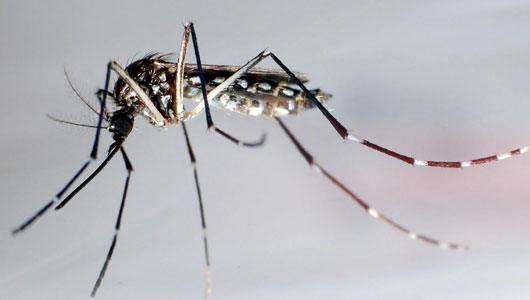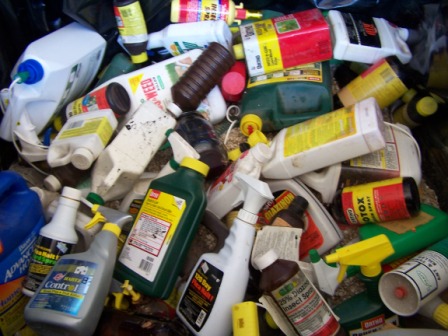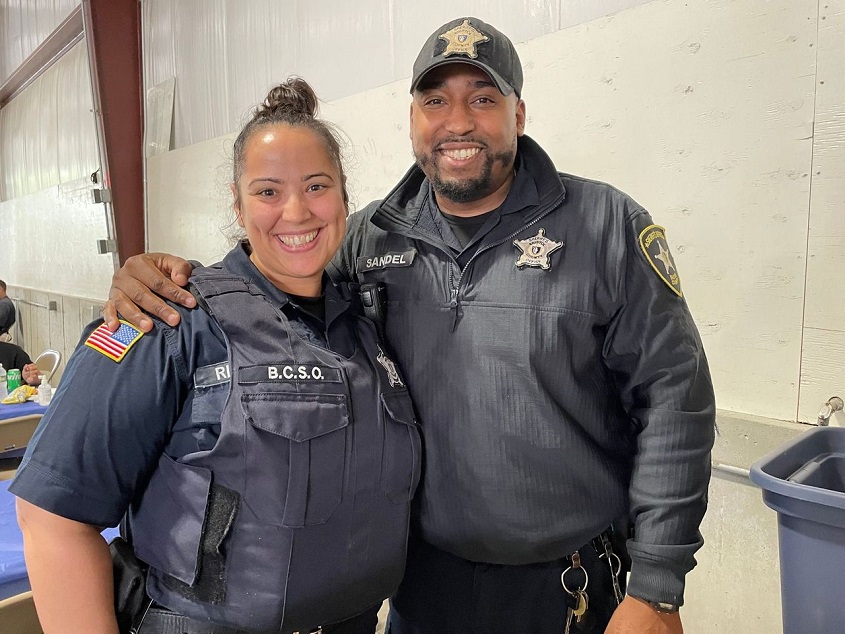As the weather gets warmer it is important for residents to take sensible steps to protect themselves from mosquitoes. The New Bedford Health Department–working closely with the Bristol County Mosquito Control Project and the Massachusetts Department of Public Health–will again be conducting an annual monitoring program to track the potential threat from EEE and WNV carrying mosquitoes. Under the program, mosquito traps are put in place to collect pools of mosquitoes and mosquito populations are monitored throughout the summer months.
Continuing last year’s approach, the New Bedford Health Department will be requesting that the BCMCP target key areas for spraying, including public parks and locations that host large public events in New Bedford. Prior to each spraying requested by the Health Department, advance notice will be provided through the media. Spraying will take place between 2:00 am and sunrise, weather permitting. Residents in the vicinity of the targeted areas may wish to close their windows prior to the spraying.
The Bristol County Mosquito Control Project will conduct its first round of targeted ground spraying very early (2 a.m.) on the morning of Thursday, June 30, 2016. This round of spraying will target areas including Buttonwood Park, Brooklawn Park, Fort Tabor, Hazelwood Park, Riverside Park, Clasky Park, Ashley Park, the Poor Farm area and Custom House Square. Spraying will take place between 2:00 am and sunrise on Thursday morning, weather permitting. Residents in the vicinity of the targeted areas may wish to close their windows this evening prior to the spraying.
Residents may request a ground spray by calling the Bristol County Mosquito Control project at (508) 823-5253, between 8:00am – 2:00pm (June – September), or contacting them by E-mail at RequestBristolMCP@comcast.net.
Like EEE and West Nile, the New Bedford Health Department works closely with the Massachusetts Department of Public Health to track other emerging mosquito-borne diseases such as the Zika virus. While Zika-carrying mosquitoes have not been identified in our area, and the Massachusetts Department of Public Health reports that the likelihood of becoming infected with Zika virus from a mosquito bite in Massachusetts is very low, residents are urged to take the general precautionary measures to prevent mosquito bites. In addition, travelers to areas where the Zika virus has been detected in mosquitoes or humans should take extra precaution to avoid being bitten by mosquitoes during their trip. This includes both females and males who travel to areas where the Zika virus is occurring. If you or your partner is planning on traveling, you should check the Centers for Disease Control and Prevention website for information about where Zika virus is occurring: http://wwwnc.cdc.gov/travel/page/zika-information.
The same precautionary measures are advised for EEE, WNV, and the Zika virus. These include the following:
Avoid Mosquito Bites
- Be Aware of Peak Mosquito Hours – While mosquitoes are out at all hours of the day, their peak biting times are from dusk to dawn. Consider rescheduling outdoor activities that occur during evening or early morning. Otherwise, take extra care to use repellent and protective clothing, especially if you work or spend a lot of time outdoors.
- Clothing Can Help Reduce Mosquito Bites. Although it may be difficult to do when it’s hot, wearing long-sleeves, long pants and socks when outdoors will help keep mosquitoes away from your skin.
- Apply Insect Repellent when you go outdoors. Use a repellent with DEET (N, N-diethyl-m-toluamide), permethrin, picaridin (KBR 3023), IR3535 or oil of lemon eucalyptus [p-methane 3, 8-diol (PMD)] according to the instructions on the product label. DEET products should not be used on infants under two months of age and should be used in concentrations of 30% or less on older children. Oil of lemon eucalyptus should not be used on children under three years of age. Permethrin products are intended for use on items such as clothing, shoes, bed nets and camping gear and should not be applied to skin.
Mosquito-Proof Your Home
- Drain Standing Water – Mosquitoes lay their eggs in standing water. Limit the number of places around your home for mosquitoes to breed by either draining or getting rid of items that hold water. Check rain gutters and drains. Empty any unused flowerpots and wading pools, and change water in birdbaths frequently.
- Install or Repair Screens – Some mosquitoes like to come indoors. Keep them outside by having tightly-fitting screens on all of your windows and doors.
 New Bedford Guide Your Guide to New Bedford and South Coast, MA
New Bedford Guide Your Guide to New Bedford and South Coast, MA








